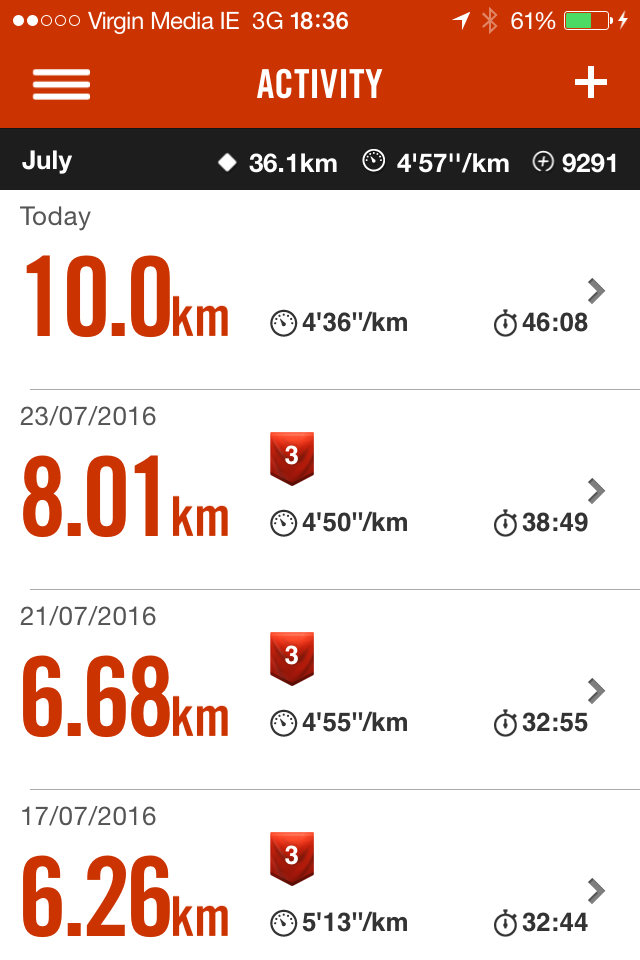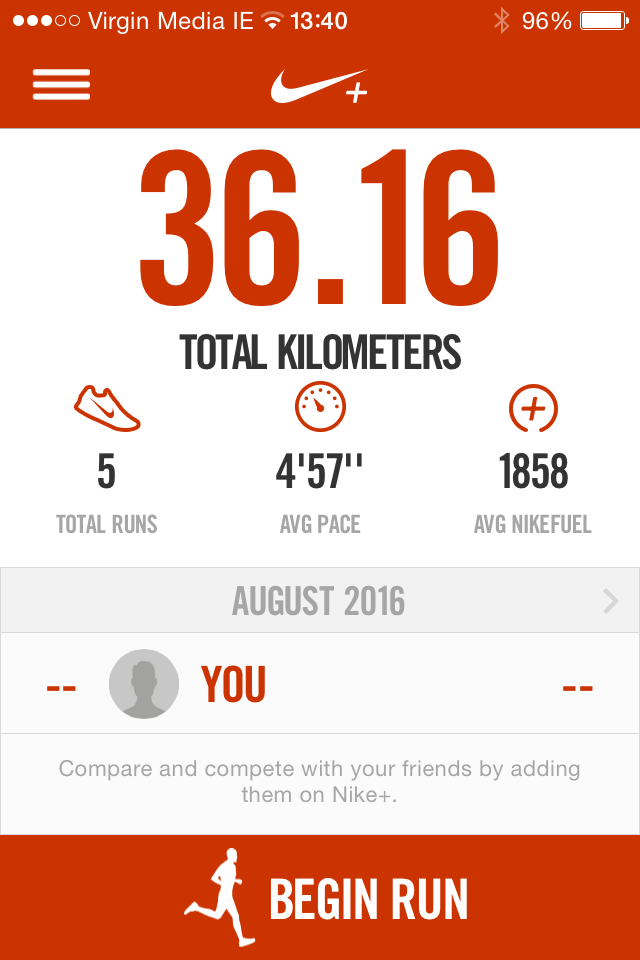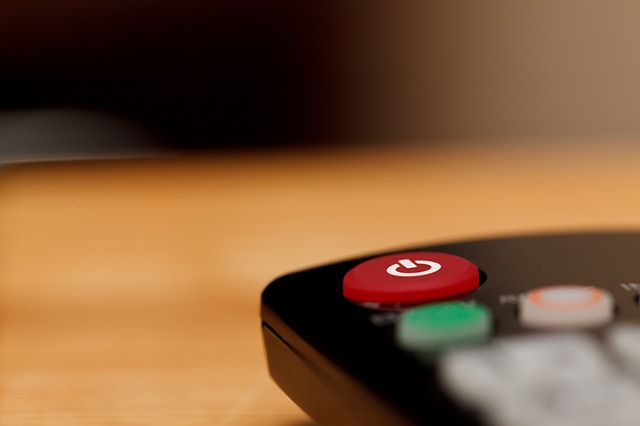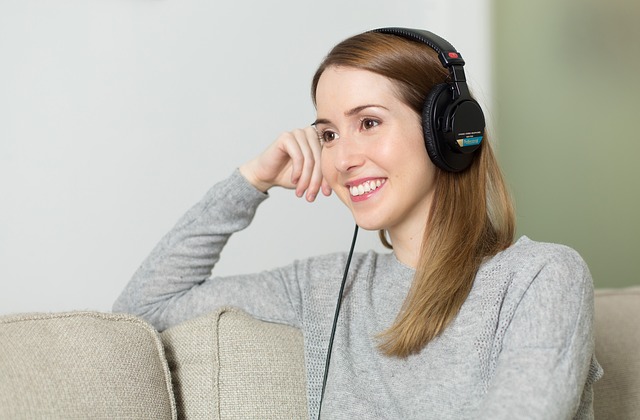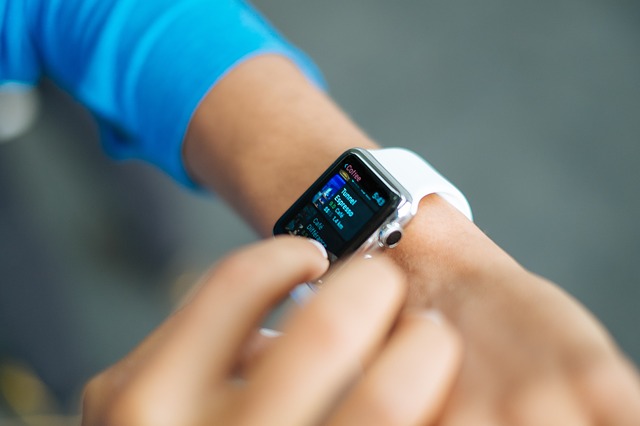How To Use Mobile Apps To Improve Your Health
Look all around you nowadays and you will see people glued to their mobile devices. Studies show that our dependence on phones in particular contributes to obesity and other health related issues. On the plus side, there are plenty of ways to use a smartphone to improve our health. Knowing how to use your phone to improve your health can make it easier than ever before to become a healthier and happier version of you.
I’m not sure why I was so slow to start using health and fitness apps to support my health goals. In my head I was thinking there’s no app in the world that can run a marathon for me, there’s no app that can lift heavier weights for me and there’s certainly no app that can eat the right foods for me! All that is true of course but I was missing the point completely. Health apps can be used to educate, to motivate and for accountability. Smartphone apps can support you in achieving your goals; they don’t achieve them for you. You still need to do that part!
So where do you start? There’s an awful lot of choice out there. Apparently, the number of downloadable health related apps for mobile devices has already topped 50,000. They provide a wide variety of services such as acting as a calorie counter, monitoring physical activity, blood pressure tracking and healthy meal planning. They can also act as an educator by providing nutritional guidelines on how to lose weight, workout routines and mindfulness techniques to name but a few. Like I said above, the mobile apps won’t do the work for you but they can help in raising the awareness required to produce sustainable lifestyle changes.
Here are three areas where I have found quality mobile apps that have supported me in achieving my health goals:
Exercise
I recently started running again after quite a long layoff. Running on your own can be quite an isolated experience and a difficult one to motivate yourself for and to push yourself. As part of my 30 day challenge I set myself a running goal to aim for. I decided to try a workout app to see if that could help me achieve my objective. I settled on the Nike Running app (mainly because I have an IPhone 4 and I can’t download any of the newer workout apps!). The app was perfect for what I needed. It tracked my distance (using GPS), average pace and when I was finished it gave me a nice synopsis of my entire run.
Using an app like this means you no longer have to run on your own anymore. For every run after my first, I was running against my previous time and distance. For the purpose of my challenge, I increased the distance I ran on each run and tried to improve my average pace per kilometre each time. This idea of running against myself was a great motivator to push me that little bit harder to improve on my previous runs, resulting in my running objective being met.
A tool like the Nike Running app can help you pay attention to how much you exercise and what if any improvements you are making; which can't be a bad thing. If you use them consistently, these apps can make a difference in your life.
Nutrition
I like to think I eat pretty well and I do know a bit about nutrition thanks in no small part to my Sports Nutrition diploma and my personal training certification. However, when I started using an app called MyFitnessPal to properly track what I was eating, I got a bit of a surprise. MyFitnessPal acts as a calorie calculator and allows you to track every morsel of food and drink that you consume on a daily basis. No need for the pen and paper food diary anymore. The app has the ability to scan barcodes which is a great feature but the reality is that you will still need to manually enter quite a bit of detail if you want to track everything that is going in to your body.
It’s still an incredibly worthwhile exercise. MyFitnessPal showed me some foodstuffs I thought to be ‘healthy’ as being incredibly high in salt or others that had too many saturated fats. You can really drill down to the macronutrient level and set daily targets for the amount of carbohydrates, proteins, fats etc. that you want to consume however for beginners I recommend simply setting a daily calorie target and aiming for that. You can do this by entering some basic information about yourself such as your age, height and weight. You can also set a goal for yourself such as to lose, gain or maintain your weight and set a time period for when you would like to achieve this.
Other nutritional tools are available such as weight loss apps, diet apps and clean eating apps so be sure to look around. I found that MyFitnessPal covered all the bases I was looking for though. If you are exercising (which you should be!) you can enter the details of your workouts in MyFitnessPal too. The added benefit of this is that it buys you more calories in the day to play with!
It does take up a little time each day to track all of the information but the free eye opening nutrition education you receive plus the understanding you get of exactly what you are putting in to your body every day is reason enough to give it a try.
Mental Health
It can be difficult to switch off these days; from work, from life and from all of our modern day devices. I’m aware of the irony of recommending a smartphone app to help ‘switch off’ but I do think I’ve found one that can really help. Headspace describes itself as a gym membership for the mind and I think that’s a really good way of putting it. The Headspace app uses a combination of mediation and mindfulness techniques to help train the mind for a healthier, happier and more enjoyable life.
I started with the Take 10 program. Here I was introduced to the basics of mediation over the course of 10 days. The program is free but if you want to take any more courses with Headspace then you’ll have to subscribe. I recommend starting with the Take 10 program to see if you like it. Following on from that, there might be a particular area that you’re struggling with. Perhaps you’re not sleeping well, you can’t relax properly, you’re stressed out at work or you’re suffering from anxiety. There’s an app for every one of these plus there are other meditation apps and while I’m not going in to detail here, it’s worth having a look around to see what’s out there and what fits your particular situation. Headspace is a great place to start though.
Living a healthy life isn’t just about exercise and food; it’s about starting and maintaining good habits. These can and should involve learning how to manage stress, sleep patterns, and even how you interact with the people around you. Keeping track of all of these factors and staying motivated to make healthy decisions is an effort in itself. Health information technology has come a long way and we are moving towards more passive self-monitoring and life logging technologies but for now there is still a certain level of manual inputting required. Wireless-enabled wearable technology devices such as Fitbit, Garmin and Jawbone are breaking ground in terms of activity tracking. Data such as the number of steps walked, heart rate, quality of sleep, steps climbed, and other personal metrics can be measured passively by these wearables. What will be next?
I’ve given you a snapshot of some of the fitness apps I like to use. The best healthy lifestyle apps are all about making you a healthier person incrementally, whether it’s through tracking your foods, getting better sleep, or bringing all of these healthy lifestyle factors together. It’s difficult to stay on task and take care of yourself, but it’s ones of the most important things you can do. I hope some of the ideas I’ve provided above can help you find the support you need to get on track, stay healthy, and become active for a long time to come.
Your smartphone can help you lead a healthier, happier more fulfilled life. You just need to download the right health and fitness apps!
If you enjoyed this article (and even if you didn’t) please feel free to leave a comment in the section below.
Yours in health,
P.S I love talking about wellness so feel free to drop me a line to discuss any of the above. Contact me directly: brian@officeworkerhealth.com
The Low Down
Brian Crooke is a wellness consultant specialising in the design, improvement and auditing of wellness initiatives for Irish businesses. He is the founder of Office Worker Health, a platform dedicated to promoting health and wellbeing to the working population.
Join the Office Worker Health community on LinkedIn.
Don’t miss out on updates or announcements by signing up to the newsletter below.


